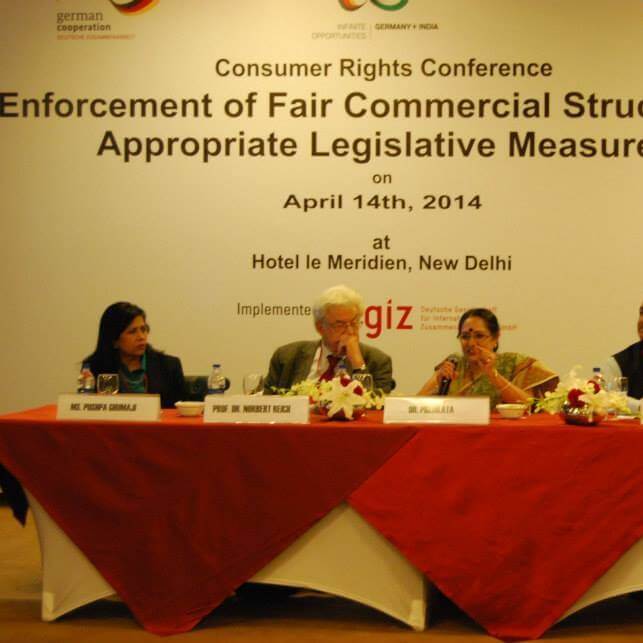Case Name: Bhudev Mallick Alias Bhudeb Mallick Vs Ranajit Ghoshal., CIVIL APPEAL NO.2248 OF 2025
Date of order :11 Feb 2025
The Supreme Court, observed
‘Imprisonment of a judgment debtor is a drastic step and to exercise such power, the Court must ensure that the judgment debtor wilfully disobeyed its order.’
“Imprisonment of a judgment-debtor is no doubt a drastic step and would prevent him from moving anywhere he likes, but once it is proved that he had wilfully and with impunity disobeyed an order of injunction”
It further explains –
”the court owes it to itself to make the judgment-debtor realise that it does not pay to defy a decree of a court. Failure to exercise this power in appropriate cases might verily undermine the respect for judicial institutions in the eyes of litigants.,” observed the Bench of Justices J.B. Pardiwala and R. Mahadevan.
The court’s power under Order 21, Rule 32 is no more than a procedural aid to the harried decree-holder, the Court said. However, before passing an order for detention, the Court must be satisfied that the judgment-debtor, in spite of having an opportunity to obey the decree, has wilfully disobeyed it. It added that the absence of such a finding is a serious infirmity vitiating the order.
“decree for injunction passed against a party could be enforced by his detention in a civil prison, if he has wilfully failed to obey such decree despite having had an opportunity of obeying it
But, the Court should not, according to the same sub-rule, make an order for detention of the person unless it is satisfied that that person has had an Opportunity of obeying the decree and yet has wilfully disobeyed it.”
Dr Prem Lata


